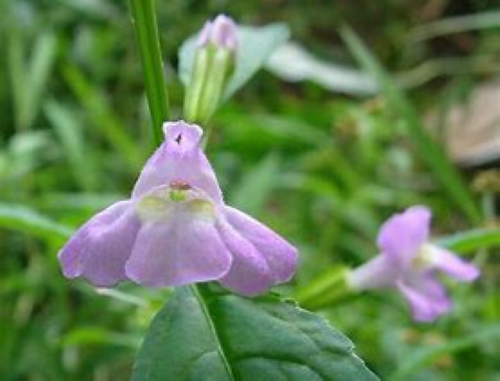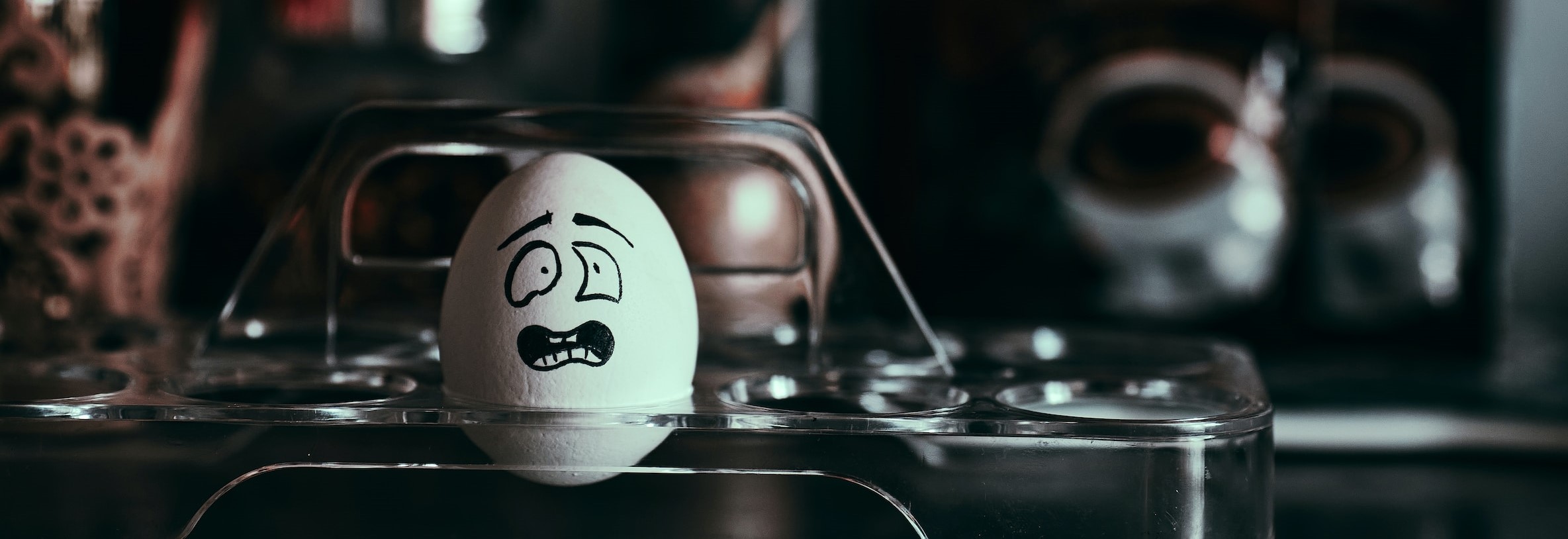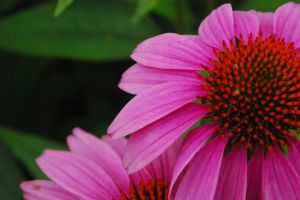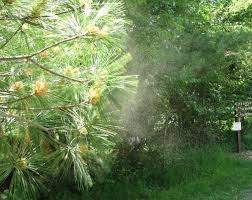__________________________________________________________________________________________________________
Anxiety, A Modern Day Epidemic
Even before the COVID 19 pandemic hit there was a prevailing sense of hopelessness and fear about the future for our young people and many are experiencing this as anxiety and regrettably also taking their own lives. In fact it is the second leading cause of death among Canadian youth, accidents being the first.
Instead of looking forward to their futures they are filled with dread. My heart hurts to see these kids suffering in this manner. Since the statistics are so high right now, I would suspect you have one or maybe more people in your life having these difficulties.
Anxiety is not just reserved for the young but all ages are feeling it. People are having difficulties finding work and the rental prices have shot up as a result of the real estate boom. This increase in rent is taking a large portion of the family’s income not leaving much for all the other expenses. A world wide pandemic and political unrest can cloud our lives in a fog of fear.
This continuous worry takes its toll on the well being of a person. Many elders feel as if they have no value in our society, along with facing financial concerns if they are too unwell to work, or facing ageism in the work force if they want to continue to work. Anxiety has certainly got a strong hold and is not letting go easily!
So what does anxiety feel like? Your pulse starts to race, your breathing is shallow and fast and your mind goes racing off in all directions. Sleep can be elusive and there is an overall feeling of nerves on edge.
Anxiety is often accompanied with depression making the situation just that much harder. Sometimes you may feel a pressure in your chest and it feels hard to breathe. If you have ever had a panic attack it can be very frightening indeed!
Now having anxiety because you have to present a paper at your board meeting would be considered fairly normal and will pass once the event is over. Stage fright is what we call that. However if anxiety is a constant companion, well, natural therapies can be helpful.
Just to be clear, there are degrees of anxiety and it can become debilitating. In some circumstances, professional mental health care and medication may be required. However some holistic therapies may be useful before it gets to that point. Keep in mind if you are on medications, it may not be wise to add herbs to the mix. Always consult a practitioner before making any changes to your medical regime.
So where to start? Of course, lifestyle practices like exercising, meditation, conscious breathing and eating a balanced diet full of nutrients can make a big difference and for many people diet and lifestyle changes work well enough.
But some people with more intense anxiety may be in need of extra help. As mentioned earlier, there are anti-anxiety drugs, but they come with potential side effects and they can be addictive. For some people, that is not an option. For those who turn to herbs, there are quite a few that can be quite effective.
There are a lot of amazing herbs that can be used for dealing with anxiety, and they don’t share the same risk of addiction and dependence that come with pharmaceutical anti-anxiety medications like benzodiazepines. As in all things, not all of these herbs are the right choice for everyone, but when the herb or herbs are matched to your particular needs they can be incredibly helpful.
Herbs are not designated as ‘anxiety herbs’ per se but are viewed in Western Herbalism by their properties, which are many. The same herb that helps you sleep may also be used for muscle cramps and many other problems. As herbalists we match the herb to you and what you are experiencing.
Let’s look at a few herbs.

Skullcap
The Skullcap flower looks likes a sleeping cap over someone’s head and it has the quality of stopping circular thinking when ones thoughts just go round and round, driving you crazy.
Skullcap is an excellent anxiety remedy for people who experience anxiety along with restlessness, muscle tension, and jaw clenching. If you feel you want to ’jump out of your skin’ or you feel like’ climbing the walls’ then this remedy may be for you.
As Skullcap works on relieving muscular tension and restlessness, it helps you to unwind, not just your body but your mind. Good for those nights of tossing and turning in bed.
Skullcap is effective in tea or tincture form, but if you can tolerate small amounts of alcohol then taking 20-40 drops of the tincture (for a 150-pound person) is very effective.
Many times a mixture of herbs may work better considering what you are dealing with. A visit to a holistic health practitioner may prove useful. Check your area to see what practitioners are available if you need some help.

Passionflower
Passionflower has a delicate feel of lace work and the colours range from white to light purple.
This plant has many properties but is known for its specific influence over the nervous system. Worry, overwork, shortness of breath, exhaustion, and anxiety all affect the nervous system. Passionflower helps calm the nervous system thereby providing a sense of peace to the individual.
Passionflower works great for people who are burned out and exhausted all the time and often are experiencing anxiety to some degree. They are unable to sleep because their minds just spin and spin with thoughts out of control. They may also experience shallow breathing and or heart palpitations and a racing heart during episodes of anxiety.
This plant is effective in both tea and tincture form, (herbal extractions in alcohol). I prefer tinctures for anxiety remedies because they’re easy to use and get in the system fast. Use 20-40 drops of tincture in a little bit of water (for a 150-pound person) and increase the dose by 10 drops at a time if you don’t feel relief after 15 minutes. Do not exceed 12ml. per day.
These herbs are just part of the helpers for healing anxiety. All the other lifestyle practices, breath work, journaling, healthy diet, exercise, support from family, friends and practitioners are all important components, but there is comfort in knowing you have some herbal remedies readily at hand when the need arises.
It is important NOT to take any of these herbs if you are on any prescriptions for anxiety, depression, sleep or are taking blood thinners such as Warfarin or Coumadin . Please see a qualified practitioner.
(c) Wendolyn Murdoch
Disclaimer: The information, including but not limited to, text, graphics, images and other material contained on this website are for informational purposes only. It is not intended to be a substitute for professional medical advice, diagnosis or treatment. Always seek the advice of your physician or other qualified health care provider with any questions you may have regarding a medical condition or treatment and before undertaking a new health care regimen.
The owner of these written materials makes no claims as to the accuracy or completeness of any of the information, including any links. The owner will not be liable for any errors or omissions in this information.





